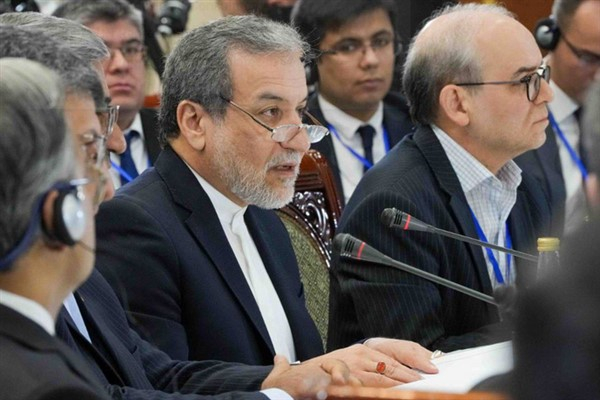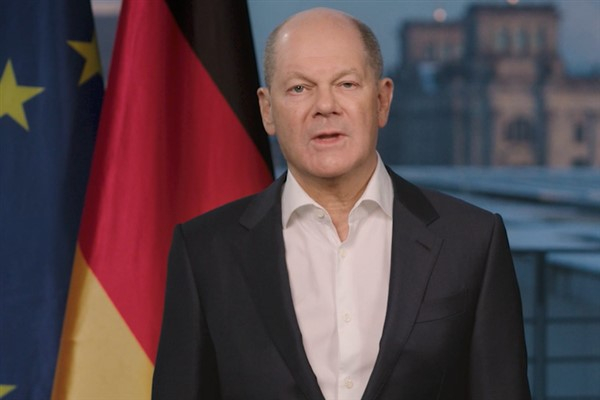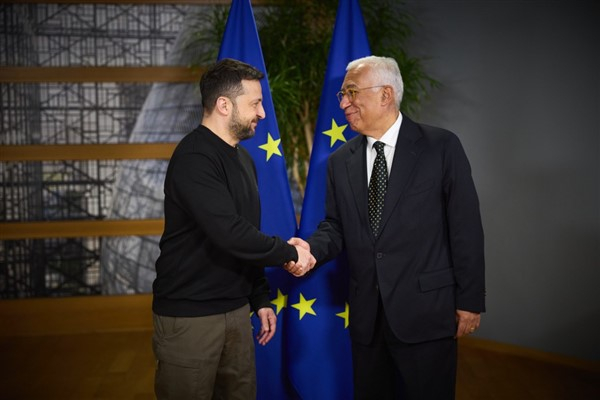President Mr. Recep Tayyip Erdoğan made statements within the scope of the meeting held on Friday in order to listen to the views and suggestions regarding the economy and to evaluate the New Economy Model:
· We have put aside the classical understanding of economy that keeps inflation under control with high interest rates. The government is now focusing on expanding the economy through investment, employment, production, exports and a current account surplus.
· With the precautionary package, we saw that the exchange rate bubble disappeared in one day.
· We will witness a different economic climate during the summer when financial stability is achieved.
· The 'bubble' on Turkey's risk premium will also dissolve.
· Cryptocurrency law is “ready” to be submitted to parliament for approval.
The meeting was attended by the Minister of Treasury and Finance, Mr. Nureddin Nebati, Chairman of the Central Bank, Mr. Şahap Kavcıoğlu and BRSA President Mr. Mehmet Ali Akben. The prominent ones in Kavcıoğlu's statements are;
· Currency swap agreements with two countries may be concluded.
· If the appreciation of the lira is too fast, the central bank may start buying foreign currency.
Both items in Kavcıoğlu's statements are related to the accumulation of reserves. We watched the news yesterday that the Central Bank is close to signing swap agreements with Azerbaijan and the United Arab Emirates. It is seen that swap resources will mostly come from the Middle East.
It is understood from Mr. Erdoğan's statements that low lira interest rates will be adopted in the new economic period and that inflation is aimed to be reduced through price stability to be achieved through exports and current account balance. Erdoğan argued that the measures taken at the beginning of the week (such as the exchange-protected TRY deposit product, FW exchange rate provision to exporting companies) stabilized the lira in a very short time. Erdogan's economic perspective is that high interest rates feed inflation, and the Central Bank has lowered the benchmark rate by almost 7-8 points below inflation, with a series of rate cuts since September. While the lira depreciated very rapidly in this period, it significantly reduced annual losses after 20 December, with the details of the new deposit instrument that protects savers against the depreciation of the currency. On the other hand, the poor performance throughout the year puts the lira at a point that separates it from peer emerging markets.
Year-end inflation rates will be announced on January 3, 2022, and general economist expectations point to an inflation that will rise to the 25-27% band. We expect inflation to increase by 5.50% on a periodic basis and to rise to 26.4% on an annual basis in December as a result of the flash reflection of the high exchange rate-driven price increases and the increase in the pass-through rate of the previous costly factors.
Kaynak Tera Yatırım
Hibya Haber Ajansı





